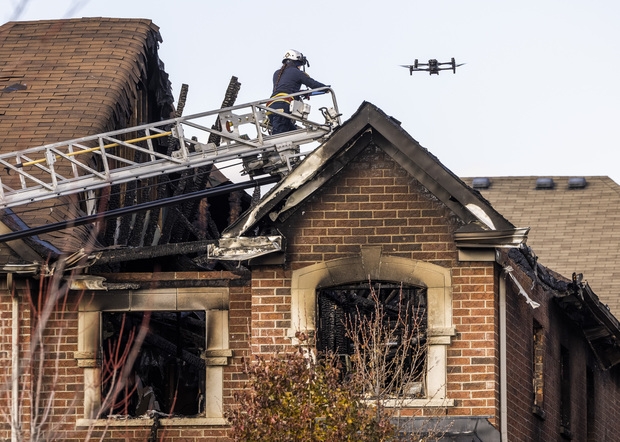A chilling scene unfolded on a Chicago Blue Line train this week, leaving a young woman critically injured and a city grappling with fear. Lawrence Reed, 50, now faces federal charges, accused of intentionally setting a woman ablaze with gasoline and a lighter at approximately 9:30 p.m. Monday.
Prosecutors painted a disturbing picture of the attack, describing the victim as simply “minding her own business” when Reed allegedly committed this horrific act. Surveillance footage shown in court reportedly elicited a disturbing reaction from Reed – a smirk and even a wink towards family members in the gallery.
The government argued vehemently against Reed’s pre-trial release, stating bluntly that he is “simply too dangerous.” Court filings detailed a lengthy and escalating criminal history, asserting that the state court system had repeatedly failed to contain his violent tendencies.
Reed’s record reveals a staggering 72 arrests over three decades, with a significant surge in activity since 2016. Fifteen convictions stand against him, including serious felony offenses like arson, damage to public property, drug trafficking, and a felony traffic violation.
Adding another layer of concern, Reed was already facing charges for an alleged assault at MacNeal Hospital in Berwyn, Illinois, just weeks before the train attack. He had allegedly struck someone in the head and face, yet was released pending trial – a decision prosecutors highlighted as a critical failure.
During his detention hearing, Reed announced his intention to represent himself. However, his statements took an unexpected turn, as he surprisingly agreed with the government’s request for detention, claiming he feared for his own safety and the safety of others.
“I don’t feel safe out there… I don’t feel safe to society… I’m a target from society,” Reed told the judge, a statement that added to the unsettling nature of the case. He also made a peculiar request, asking the judge to ensure he was fed if a trial proceeded.
Judge Laura McNally ultimately ordered Reed detained, citing his extensive criminal history, the gravity of the allegations, and the clear and present danger he poses to the community. She also mandated a mental health evaluation, prompted by Reed’s admission of not taking his medication.
The case has ignited a debate about public safety and the effectiveness of the criminal justice system, raising questions about how to manage individuals with a documented pattern of violent re-offending. The community now awaits further developments, grappling with the aftermath of this shocking incident.
Prosecutors emphasized a disturbing pattern: lenient treatment in state court, including probation for violent crimes and pre-trial release, consistently followed by further criminal activity. The attack on the train, they argued, was a direct consequence of this cycle.






